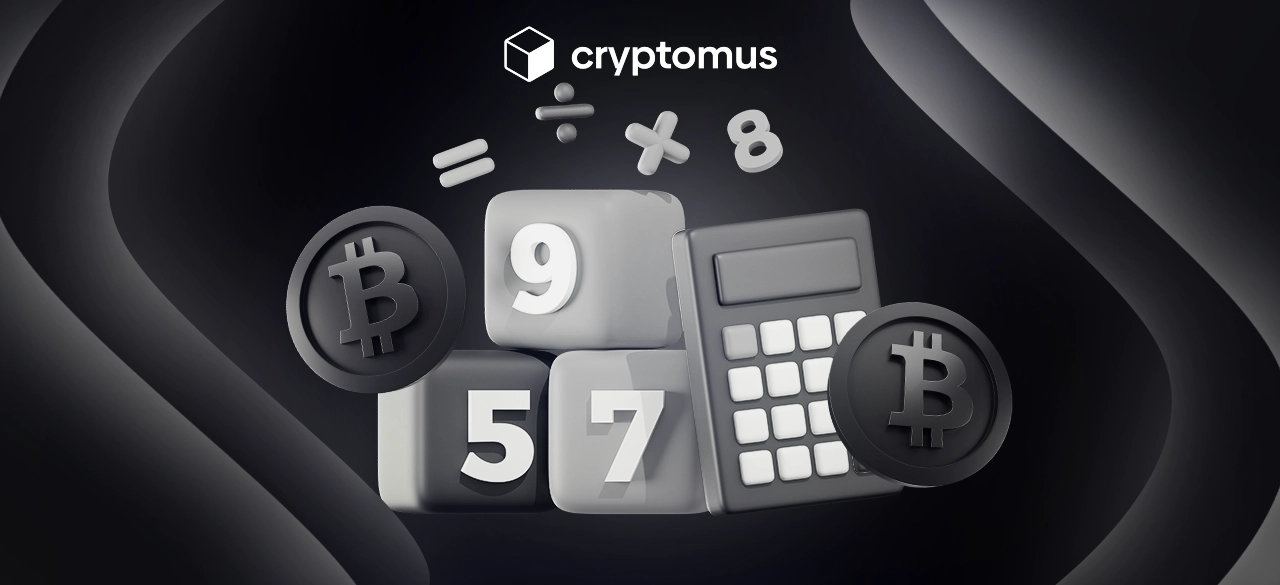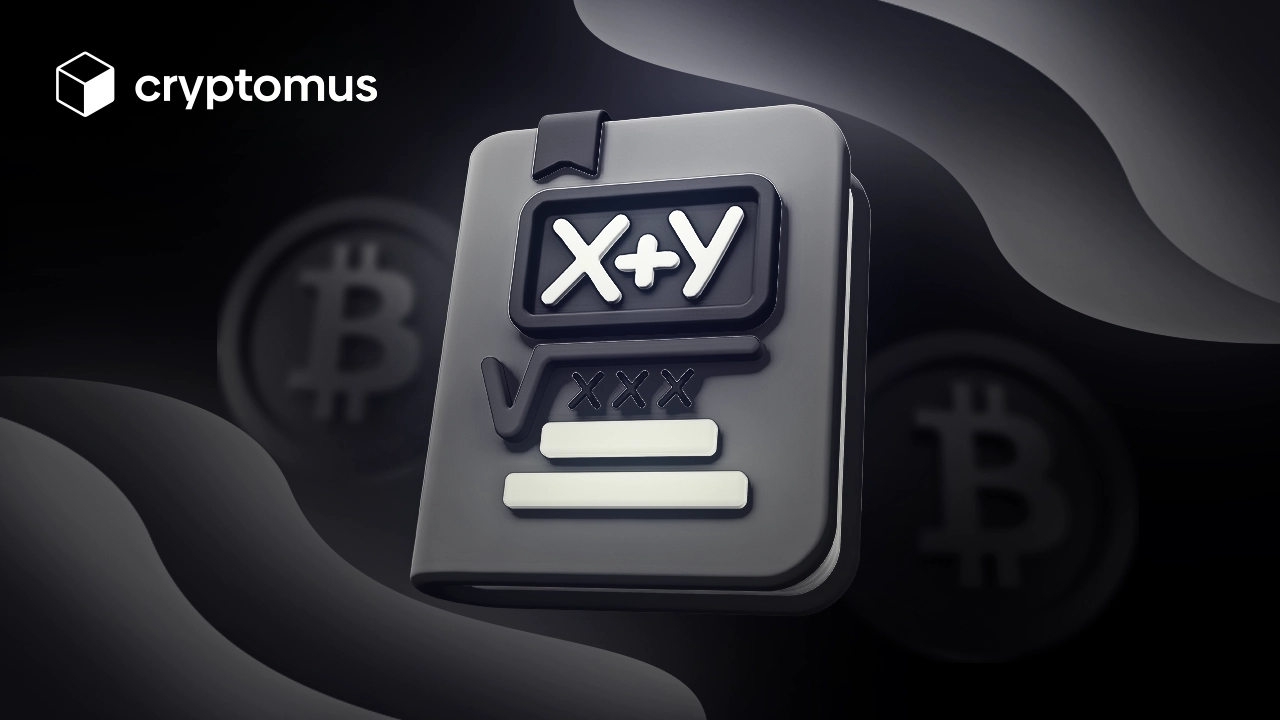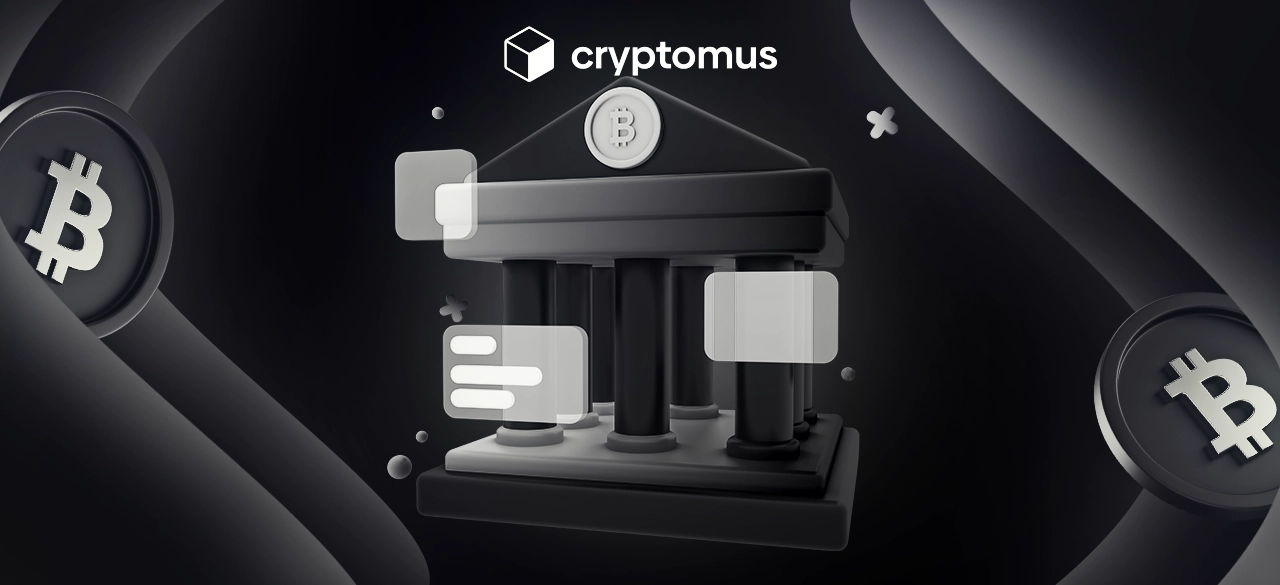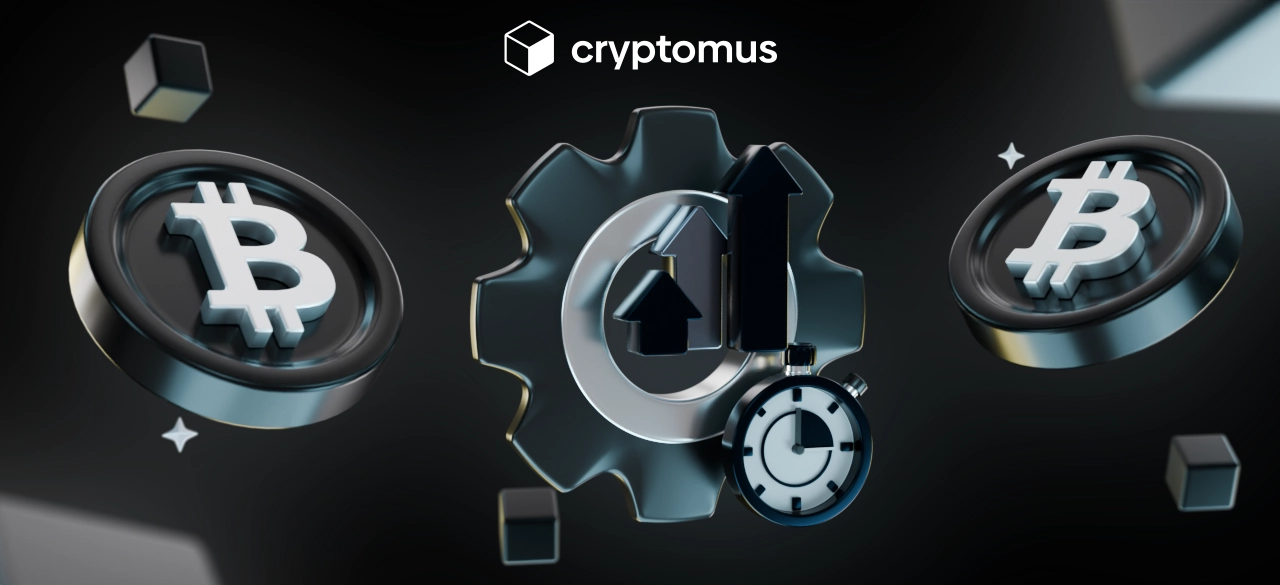
10 Mitos Terbesar tentang Mata Uang Kripto yang Terbantahkan
Daftar isi
Seberapa sering Anda menemukan informasi seperti mitos mata uang kripto? Ada banyak rahasia dan teka-teki di dunia digital. Dalam artikel ini, kami akan menganalisis sepuluh mitos paling terkenal tentang mata uang kripto dan mencoba membongkar mitos-mitos terbesar seputar mata uang kripto.
Mitos Tentang Mata Uang Kripto
Baik pengguna pemula maupun mahir merasa sulit membedakan mitos dan kenyataan mata uang kripto. Sekarang, kami akan membongkar sepuluh mitos terbesarnya. Mari kita mulai!
Mitos 1: Mata Uang Kripto Tidak Dikenakan Pajak
Inilah mitos kripto pertama yang harus dibantah. Tentu saja, baik bank maupun otoritas pusat tidak terlibat. Namun, ini bukan berarti uang digital tidak akan dikenakan pajak. Aturan umum undang-undang perpajakan yang mengatur perpajakan transaksi properti juga berlaku untuk transaksi mata uang kripto.
Saat ini belum ada prosedur yang jelas dan lugas untuk menghitung pajak mata uang kripto. Namun, jangan lupa bahwa perpajakan tetap hanya dikenakan pada keuntungan dari transaksi mata uang kripto – setiap aktivitas yang melibatkan mata uang kripto di mana pendapatan melebihi pengeluaran. Pada saat yang sama, keuntungan dari penambangan atau staking hanya dicatat pada saat aset dijual dan menerima uang sungguhan.
Mitos 2: Mata Uang Kripto Tidak Memiliki Nilai Uang Riil
Apakah ini mitos terbesar tentang mata uang kripto? Kami rasa ya, tentu saja. Karena tidak ada aset berwujud permanen yang mendukung mata uang kripto, ini bisa dibilang mitos terbesar tentangnya.
Mitos tentang mata uang kripto ini sama sekali tidak benar. Jadi, mata uang kripto adalah sarana pertukaran dan penyimpanan nilai yang lengkap. Selain itu, mata uang kripto juga memiliki nilai karena teknologi blockchain-nya, sebuah sistem penyimpanan data terdesentralisasi yang menjamin transparansi dan keamanan transaksi kripto.
Mitos 3: Mata Uang Kripto Hanya Digunakan untuk Aktivitas Ilegal
Mitos tentang mata uang kripto ini juga merupakan salah satu yang paling populer di dunia kripto. Anda dapat menggunakan mata uang kripto untuk berbagai tujuan, seperti berinvestasi, berdagang di bursa, membayar barang dan jasa, dan mengirim uang. Keabsahannya juga telah dikonfirmasi oleh semakin banyaknya perusahaan yang mulai menerima pembayaran mata uang kripto.
Mitos 4: Mata Uang Kripto Kurang Regulasi
Karena mata uang kripto merupakan kelas aset yang relatif baru, undang-undang yang mengatur penggunaan dan transfernya antarmanusia saat ini sedang dikembangkan. Namun, banyak negara telah bertindak untuk mengendalikan pasar kripto secara global.
Mitos kripto ini tidak memiliki dasar yang kuat, meskipun faktanya mata uang kripto sebagian atau seluruhnya dilarang di banyak negara di dunia. Saat ini, semakin banyak negara yang memahami pentingnya mata uang kripto di negara berkembang modern dan oleh karena itu menciptakan konsep dan meningkatkan langkah-langkah regulasi agar mata uang kripto dapat diimplementasikan dengan lebih mudah di masa mendatang.
Di blog Cryptomus, Anda bisa mendapatkan informasi lebih lanjut tentang negara-negara tertentu yang telah mengadopsi mata uang digital dengan mengeklik di sini

Mitos 5: Mata Uang Kripto Mudah Diretas
Mitos seputar mata uang kripto ini juga umum di kalangan pedagang pemula dan orang-orang yang jauh dari topik tersebut, dan itu juga tidak benar. Sangat sulit untuk menembus protokol keamanan dan algoritma matematika canggih yang digunakan oleh mata uang kripto dan jaringan blockchain secara keseluruhan. Sebagian besar dompet kripto menawarkan keamanan yang sangat baik menggunakan fitur-fitur khusus seperti kunci pribadi dan autentikasi dua faktor.
Mitos 6: Hanya Ada Satu Blockchain Raksasa
Tentu saja tidak! Ada banyak blockchain, dan masing-masing kompatibel dengan jenis mata uang kripto yang berbeda. Misalnya, tiga jaringan blockchain yang berbeda—Ethereum, Bitcoin, dan Litecoin—memiliki fitur, kapasitas, dan koin yang didukung yang bervariasi.
Mitos 7: Mata Uang Kripto adalah Skema Cepat Kaya
Mitos kripto ini juga tidak benar. Seperti jenis investasi atau perdagangan lainnya, mata uang kripto membutuhkan pendekatan yang serius dan pengetahuan khusus. Hal ini jelas tidak menjamin menghasilkan uang dengan cepat dan mudah. Faktanya, berinvestasi dalam mata uang kripto bisa sangat berisiko dan membutuhkan pengalaman atau pelatihan terlebih dahulu.
Mitos 8: Mata Uang Kripto Tidak Diterima Sebagai Bentuk Pembayaran
Dengan berkembangnya banyak organisasi dan toko online, semakin banyak yang menerima kripto sebagai metode pembayaran. Beberapa negara juga mulai mempertimbangkan untuk menggunakan mata uang kripto sebagai mata uang resmi. Misalnya, di Swiss, membayar pajak dengan mata uang kripto sudah dimungkinkan. Di Jepang, Bitcoin telah diakui sebagai mata uang resmi. Dengan demikian, pernyataan ini juga menjadi salah satu mitos mata uang kripto yang populer.
Bahkan di industri game, metode pembayaran kripto juga mulai banyak digunakan. Jika Anda tertarik dengan topik ini, silakan baca artikel kami tentang membeli gim video dengan BTC dengan mengeklik di sini untuk memperkaya pengalaman bermain gim Anda.
Mitos 9: Mata Uang Kripto dan Transaksinya Tidak Dapat Dilacak & Anonim
Setiap transaksi kripto dilacak di blockchain publik, sebuah basis data terdistribusi yang terbuka untuk semua pengguna. Hal ini memungkinkan siapa pun untuk mengamati semua transaksi yang terhubung ke dompet atau alamat tertentu.
Namun demikian, tidak selalu mungkin untuk mengidentifikasi pemilik dompet secara unik, karena peserta jaringan menggunakan alias dan alamat anonim. Dengan demikian, semua transaksi kripto dilacak di blockchain, tetapi tidak selalu mungkin untuk mengidentifikasi pesertanya.
Mitos 10: Semua Mata Uang Kripto Itu Sama
Banyak orang memahami bahwa bidang mata uang kripto cukup beragam, tetapi mitos bahwa semua mata uang digital itu sama masih tersebar luas. Setiap negara memiliki mata uang nasionalnya sendiri. Demikian pula, di dunia mata uang kripto, terdapat banyak sekali mata uang dan koin yang memiliki beragam karakteristik dan fitur yang membuatnya unik. Transaksi beberapa mata uang kripto mungkin membutuhkan waktu lebih lama, sementara yang lain membutuhkan waktu jauh lebih singkat. Volatilitas, kapitalisasi, dan permintaan juga memainkan peran penting.
Semoga artikel ini bermanfaat dan Anda dapat menjelajahi dunia mata uang kripto lebih saksama, dan yang terpenting, memeriksa informasi tentangnya. Perluas pengetahuan Anda bersama Cryptomus!
Sederhanakan Perjalanan Kripto Anda
Ingin menyimpan, mengirim, menerima, mempertaruhkan, atau memperdagangkan mata uang kripto? Dengan Cryptomus, semuanya mungkin — daftar dan kelola dana mata uang kripto Anda dengan perangkat praktis kami.
Memulai



